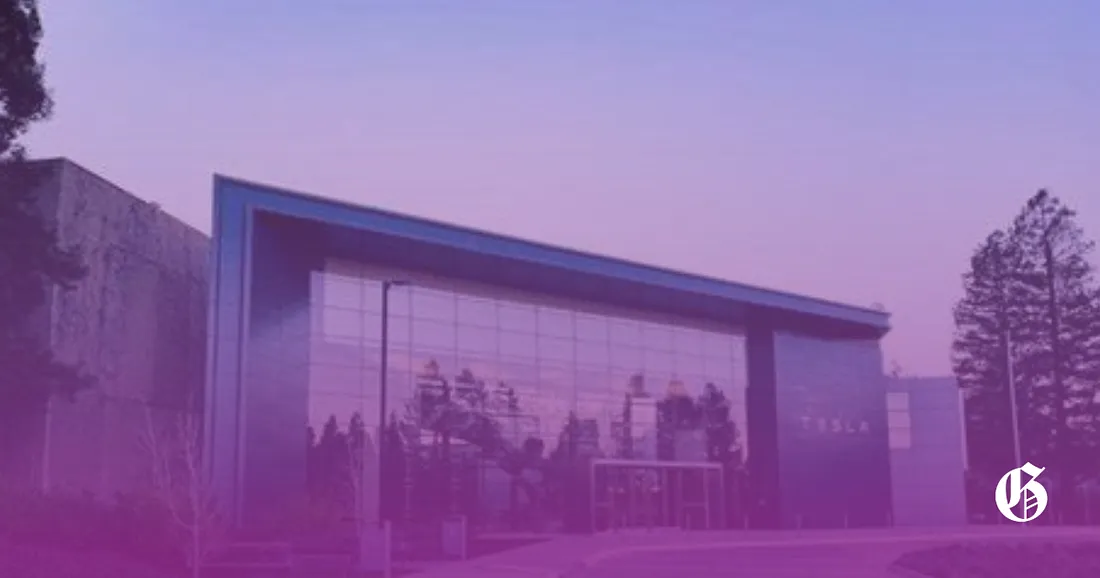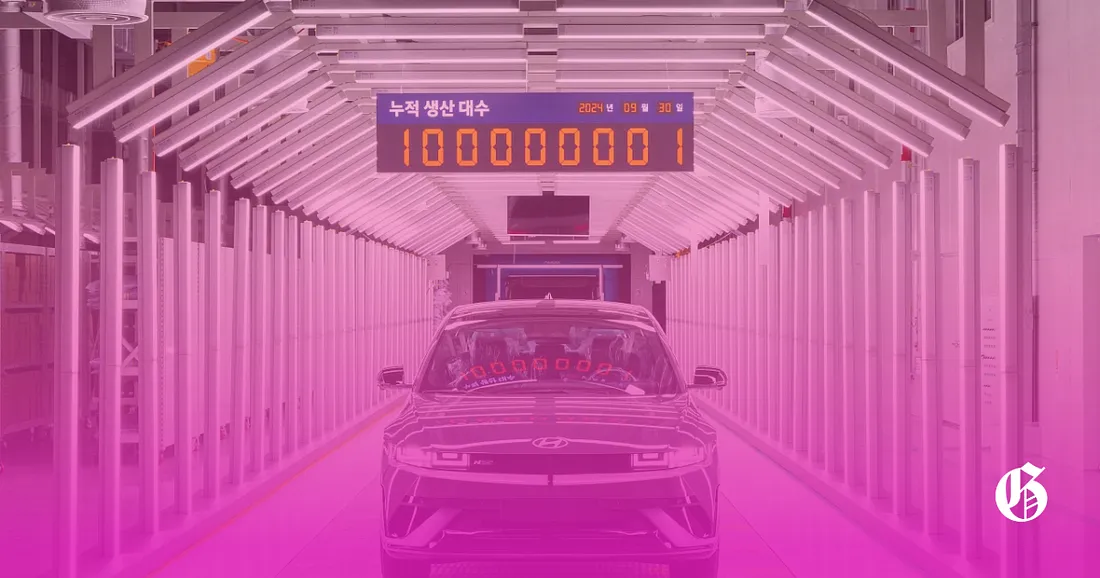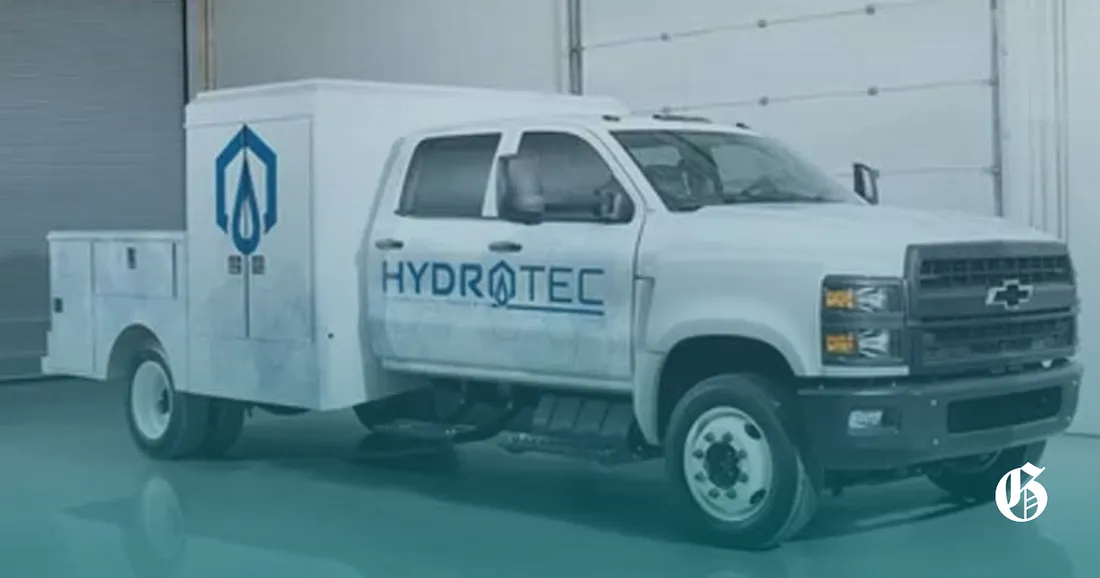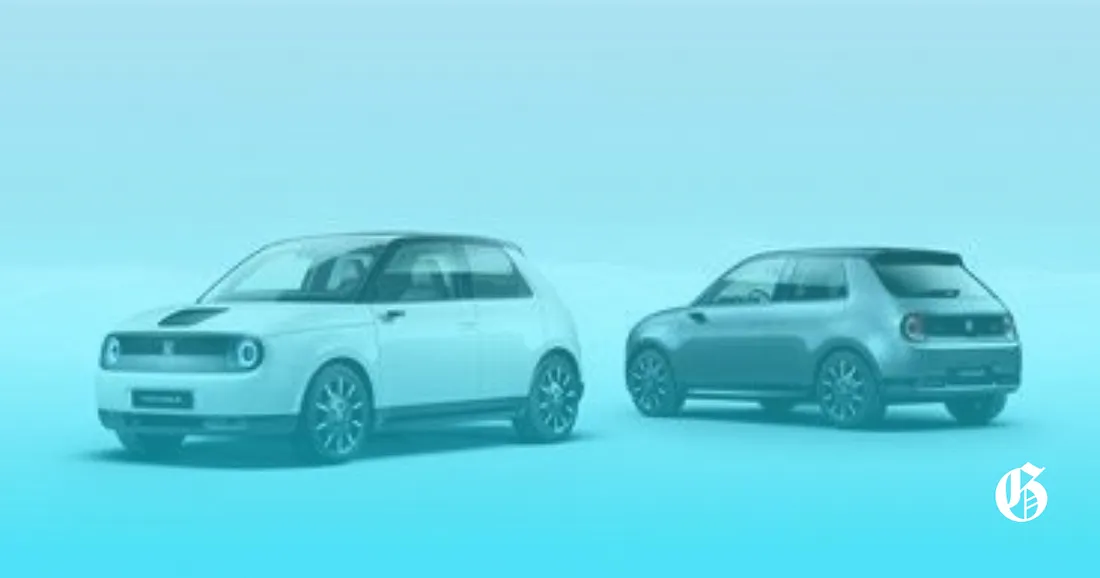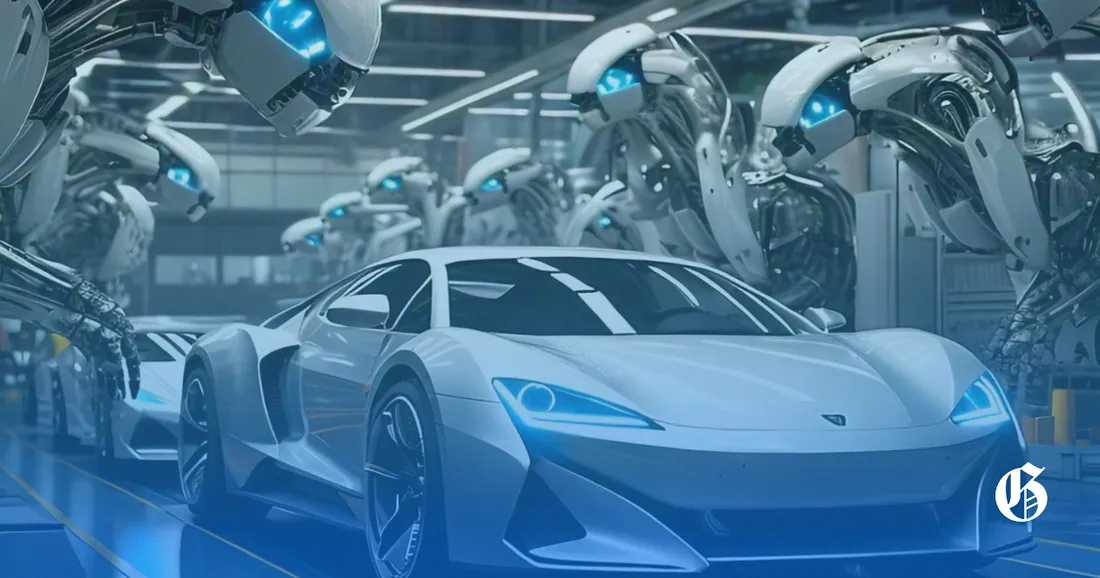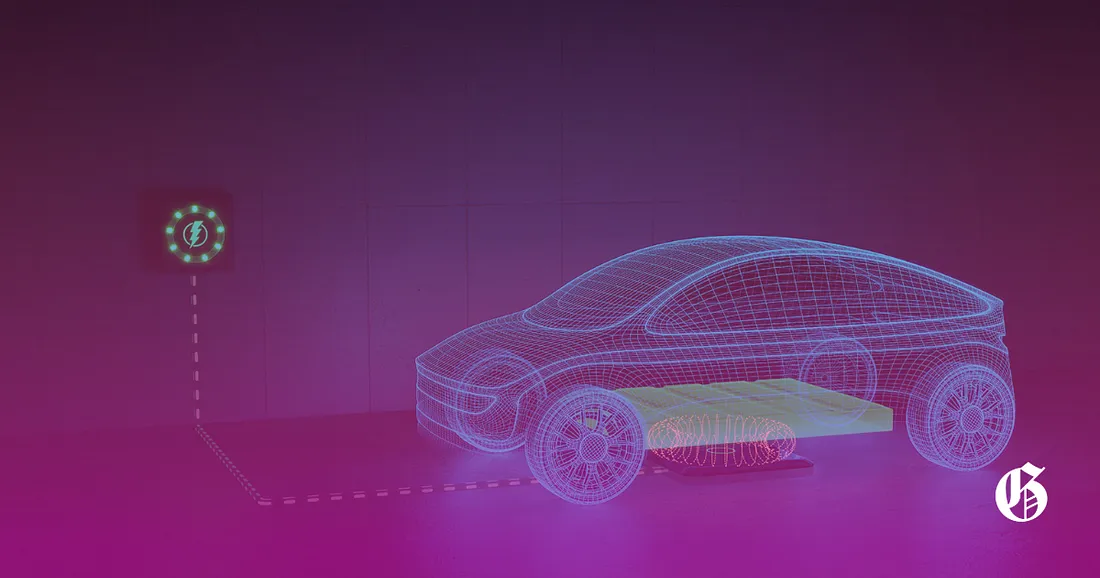Tesla Wins Lawsuit Over ADAS Marketing Claims
In a significant triumph for electric vehicle pioneer Tesla, a U.S. district court has dismissed a high-profile lawsuit alleging the company misled consumers about the capabilities of its Advanced Driver Assistance Systems (ADAS). The ruling marks a major milestone in the ongoing debate surrounding autonomous driving technology and its marketing.
Background of the Case
The lawsuit, filed in 2021, claimed that Tesla misrepresented the functionality of its Autopilot and Full Self-Driving (FSD) features, leading consumers to believe they offered fully autonomous driving capabilities. Plaintiffs argued that Tesla’s marketing and promotional materials created unrealistic expectations, constituting fraud and violating federal and state laws.
Court Ruling
U.S. District Judge granted Tesla’s motion to dismiss the lawsuit, citing insufficient evidence to support the plaintiffs’ claims. The court found that Tesla’s statements about Autopilot and FSD were “puffery” or aspirational, rather than concrete representations of existing capabilities.
“Tesla’s statements, though optimistic, did not constitute false or misleading claims,” the judge wrote in the ruling. “The company’s marketing materials clearly indicated that Autopilot and FSD were continually evolving technologies.”
Implications for Tesla and the Industry
The dismissal is a significant win for Tesla, which has faced intense scrutiny over its ADAS technology. The company has consistently maintained that Autopilot and FSD are driver-assistance systems, not fully autonomous driving solutions.
“This ruling validates our commitment to transparency and honesty in our marketing practices,” a Tesla spokesperson said in a statement. “We will continue to innovate and improve our technology, prioritizing safety and consumer trust.”
The decision is also expected to have broader implications for the automotive industry, which is rapidly developing and deploying ADAS technologies.
Industry Reaction
Automotive experts and analysts welcomed the ruling, citing its potential to clarify regulatory guidelines for ADAS marketing.
“This decision provides much-needed clarity on the distinction between aspirational marketing and misleading claims,” said [industry expert’s name]. “It will help shape the industry’s approach to communicating ADAS capabilities to consumers.”
Ongoing Regulatory Scrutiny
Despite the lawsuit’s dismissal, regulatory scrutiny of Tesla’s ADAS technology continues. The National Highway Traffic Safety Administration (NHTSA) and the Federal Trade Commission (FTC) have ongoing investigations into Tesla’s marketing practices.
As the automotive industry pushes the boundaries of autonomous driving technology, the intersection of innovation, marketing, and consumer protection will remain a critical area of focus.
Tesla’s victory in this lawsuit marks a significant milestone in the company’s ongoing efforts to pioneer autonomous driving technology. While regulatory challenges persist, the dismissal underscores the importance of balanced marketing practices and clear communication with consumers. As the industry continues to evolve, manufacturers, regulators, and consumers alike will be watching closely to ensure that innovation and safety go hand-in-hand.
